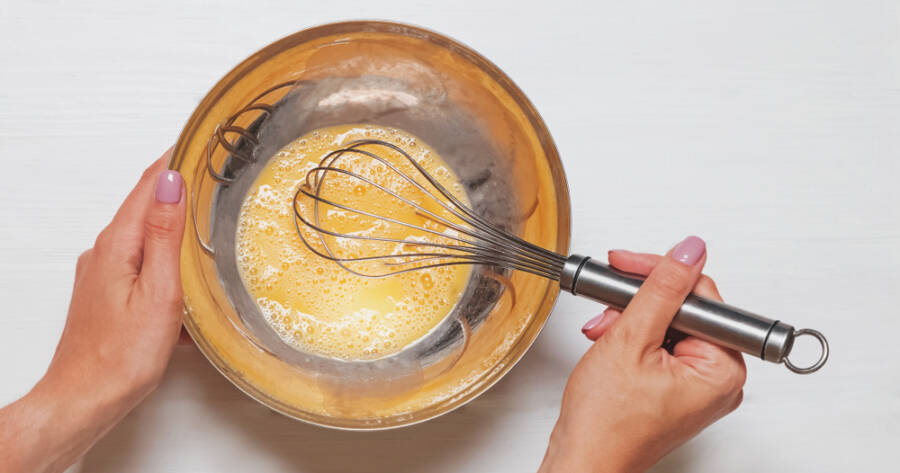Cooking is an essential life skill, and mastering the basics can make meal preparation more enjoyable, efficient, and rewarding. Whether you’re a beginner in the kitchen or looking to refine your skills, understanding fundamental cooking techniques can elevate your meals. From knife skills to seasoning, the key to becoming a better cook lies in mastering the fundamentals. Discover some essential cooking tips and techniques that can help you build a strong foundation in the kitchen.
1. Knife Skills: The Foundation of Efficient Cooking
One of the first skills to master in the kitchen is knife handling. Proper knife skills can make food preparation quicker, safer, and more precise. The key to efficient knife work lies in holding the knife properly. Grip the knife handle with your dominant hand, using your fingers to rest on the blade (pinching the blade’s spine between your thumb and index finger). This grip allows better control over the knife.
When cutting, always use a sharp knife—blunt knives can slip and cause accidents. For basic cuts, practice the following:
Chopping: Cutting vegetables or fruits into even, bite-sized pieces.
Slicing: Making thin, even cuts, often used for fruits, vegetables, and meats.
Dicing: Cutting ingredients into uniform cubes, essential for consistent cooking.
Mincing: Finely chopping ingredients, usually garlic or herbs.
With time, practicing these basic knife cuts will help you become more efficient and precise in the kitchen.
2. Understanding Cooking Techniques
There are a variety of cooking methods that can transform simple ingredients into flavorful dishes. Some basic techniques include:
Sautéing: This quick cooking method uses a small amount of oil or butter to cook food over medium-high heat. It’s ideal for vegetables, fish, and lean cuts of meat. The goal is to achieve a golden-brown exterior while retaining moisture inside.
Roasting: Roasting uses dry heat in the oven to cook food at a relatively high temperature. This method is great for vegetables, meats, and poultry, as it brings out natural sweetness and caramelizes the exterior.
Boiling and Simmering: Boiling involves cooking food in rapidly bubbling water, while simmering uses gentler heat. Both techniques are perfect for pasta, grains, and soups. It’s important to know the difference: boiling is usually reserved for foods that need to cook quickly, while simmering is best for delicate dishes.
Braising: This method involves cooking meat or vegetables in a small amount of liquid over low heat for an extended period. It’s great for tougher cuts of meat like short ribs or pot roast, as it helps tenderize the food while infusing it with flavor.
3. Seasoning and Flavoring Your Dishes
Proper seasoning is key to making your dishes flavorful. Salt is one of the most essential seasonings, as it enhances the natural flavors of the ingredients. However, it’s important not to overdo it; taste your food as you cook and add salt gradually.
Beyond salt, herbs and spices are what make your dishes unique. Fresh herbs like basil, thyme, and parsley add brightness and freshness, while dried herbs such as rosemary and oregano provide depth of flavor. Spices like cumin, paprika, and turmeric can add heat, warmth, and complexity. Experimenting with different herbs and spices can open up a world of flavor possibilities.
Acidic ingredients, such as lemon juice, vinegar, and lime, are also essential to balance out rich or fatty dishes, giving them a fresh kick.
4. Mastering the Art of Timing
Timing is critical in cooking to ensure that your dishes come out perfectly. Overcooking or undercooking can affect texture, taste, and presentation. For instance, vegetables should be tender but still vibrant in color, while meats should be cooked to the right temperature for optimal tenderness and flavor.
Using a kitchen timer and a meat thermometer can help ensure that you cook everything just right. Pay attention to the suggested cooking times for recipes, but also use your senses—sight, smell, and taste—to determine when your food is done.
5. Cleaning as You Go
A clean kitchen is essential for an efficient cooking experience. Cleaning as you go reduces the mess at the end and keeps your workspace organized. After each step in the cooking process, wash the tools and utensils you’ve used, and wipe down counters to keep everything tidy.
Having a clean kitchen not only makes cooking more enjoyable but also ensures food safety. Avoid cross-contamination by using separate cutting boards for raw meats and vegetables and regularly sanitizing surfaces.
6. Understanding Cooking Tools and Equipment
Familiarizing yourself with essential kitchen tools can greatly improve your cooking experience. Some basic tools to invest in include:
Good-quality knives: A chef’s knife, paring knife, and serrated knife are essential for various cutting tasks.
Cutting boards: Invest in sturdy, easy-to-clean cutting boards to handle different ingredients.
Pots and pans: A good non-stick pan, a heavy-bottomed saucepan, and a roasting pan can handle a wide range of cooking techniques.
Measuring cups and spoons: Accurate measurements are important for baking and cooking, so always use proper tools to measure ingredients.
Mastering the Basics for Culinary Success
Mastering the basics of cooking can turn anyone into a confident home chef. By focusing on knife skills, understanding cooking techniques, properly seasoning your food, managing your time, and using the right tools, you’ll create delicious meals with ease. Remember, cooking is about practice and experimentation—over time, you’ll refine your skills and develop a deeper appreciation for the art of cooking. Whether preparing a simple dinner or a special meal for family and friends, mastering these essential techniques will make the experience more enjoyable and rewarding.

